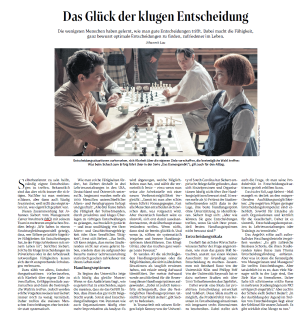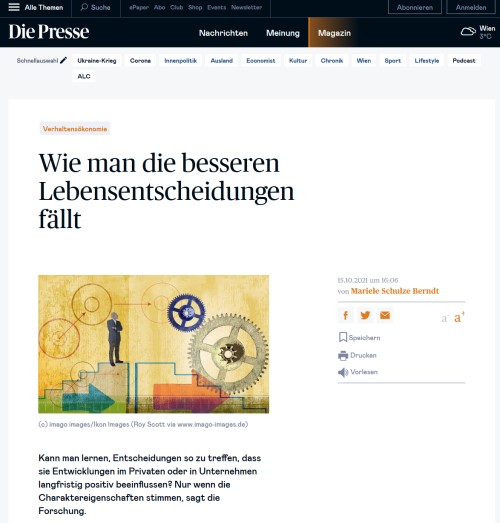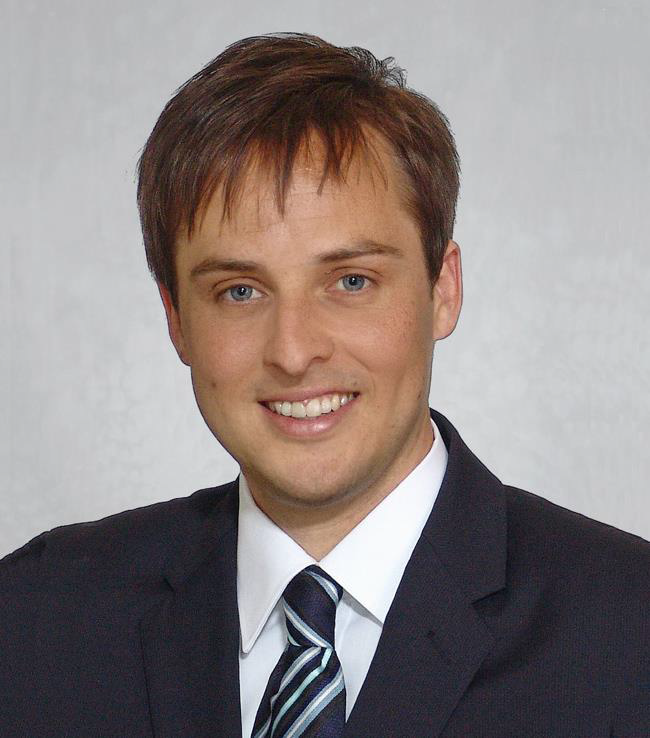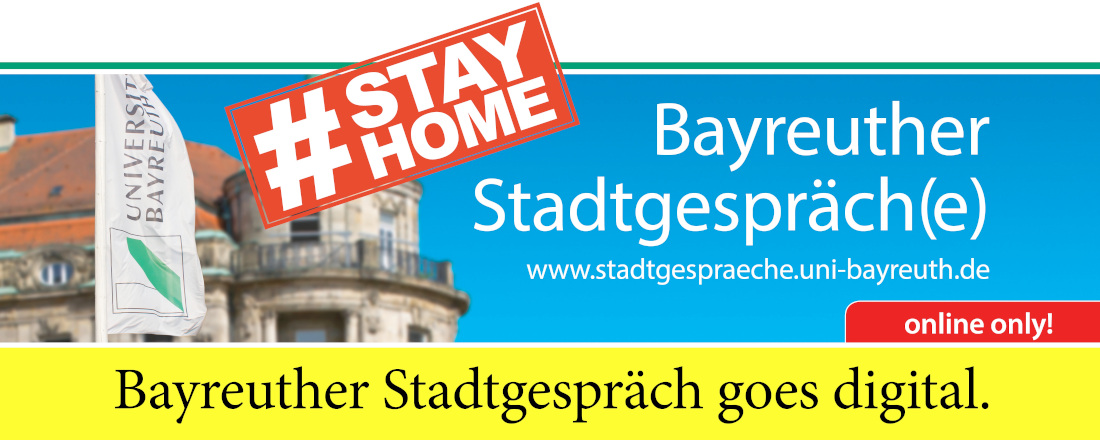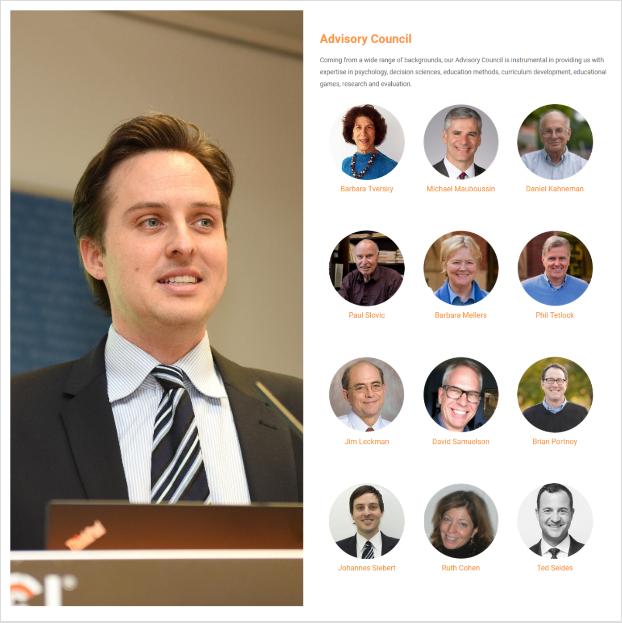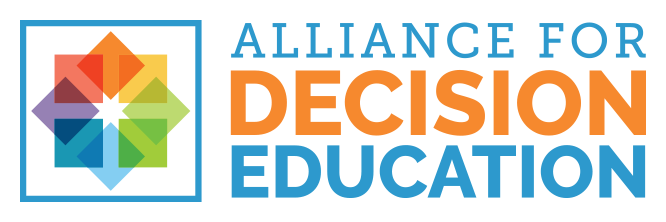What does the Islamic State want? Dr. Johannes Siebert at the University of Bayreuth and U.S. researchers at the University of Southern California (USC) have systematically analyzed the IS’s objectives for the first time. The study was recently published in the renowned INFORMS journal Decision Analysis.
The decision-theoretical methodology on which the study is based was originally developed in economics and can in principle be applied to any institution, organization or group and also to individual persons. In particular, it works with scientifically proven methods of examining written texts and oral statements. The authors have analyzed a variety of sources in this way:
Interviews with 59 experts in the following fields: Islamist terror and jihadist movements; Middle East politics and international relations; history, anthropology, and sociology; and psychology of terrorism.
Publicly available sources of information on the Internet: Transcripts of 12 speeches by the most prominent IS leaders; expert interviews and articles related to IS published in U.S. or German media.
On this basis, Dr. Johannes Siebert, an economist at the University of Bayreuth, and Prof. Detlof von Winterfeldt and Prof. Richard John at USC elaborated and compared the objectives of the IS leadership and the objectives of IS supporters.
Objectives of IS-leadership
Die IS-Führung verfolgt strategische Ziele, die einerseits stärker religiös, andererseits stärker militärisch ausgerichtet sind. In militärischer Hinsicht will sie im Irak und an der Levante ein Kalifat errichten. Um diese Absicht zu verwirklichen, will sie die beste
The IS leadership is pursuing strategic objectives that are more religiously oriented on the one hand and more militarily oriented on the other. In military terms, it wants to establish a caliphate in Iraq and the Levant. To achieve this goal, it wants to eliminate the existing governments in Iraq and the Levant, keep its own territory under control and steadily expand it, and increase the number of fighters and followers. Another militarily accentuated objective is to control and govern this caliphate, which is to function as an Islamic State and provide services to its own citizens. The supply of military and civilian goods is to be secured, internal security maintained and at least the appearance of state order guaranteed.
Clearly religiously accentuated, on the other hand, is the strategic objective of members of the IS leadership to restore the strengths and glory of Sunni Islam. With this in mind, they want to implement a pure and strict version of Islam in their own territory, give meaning to the lives of Sunni believers, enforce sharia by the sword, and be recognized as leaders of Islam. This is followed on the strategic level by another religious objective: the worldwide spread of Islam and Sharia norms. To this end, the world is to be ‘cleansed’ of anti-Islamic forces and other countries attacked from within. Foreign powers are to be prevented from interfering politically and militarily in Iraq and the Levant.
The IS leadership considers two means in particular to be consistently suitable for achieving these objectives at the operational level: Killing, intimidating and/or converting infidels and generating financial resources.
In the area of tension between territorial warfare and the export of religion
“In the early days of IS, the focus was more on the military-oriented objectives related to the establishment and control of a caliphate. It was mainly Saddam Hussein’s former military leaders who focused on this,” explains Dr. Johannes Siebert. “Because IS was very much interested in its own statehood in the Middle East, there initially seemed to be a clear difference from Al-Qaeda. This is because the core objectives of this movement have always included attacking people and institutions abroad. The Paris attacks, however, suggest that IS’s religiously based objectives have recently gained more weight – both at the strategic level and among its followers. Many IS fighters from Arab countries are apparently willing to die abroad for the global spread of Islam and Sharia law.”
The authors of the study draw attention to the fact that the religious and military objectives pursued by IS leaders are not infrequently in tension with each other. The religiously motivated, violent struggle for the export of a ‘pure’ Islam to other regions of the world could lead to a growing willingness of the attacked states to fight the IS on its own territory. Occupying and defending this territory, in turn, ties up resources that IS, on the other hand, would need to plan and finance attacks abroad.
Objectives of IS-followers
Within IS’s followers, the scholars distinguish three strategic objectives: humanitarian, religious, and personal fulfillment. Fighting for general humanitarian causes – and especially for those of the Sunnis – is a strategic dimension that should not be underestimated in the authors’ view. Many IS supporters act in the belief that their fighting efforts serve to (re)establish and spread living conditions characterized by social justice, tranquility, security and the absence of oppression. A strong motive is likewise the religious fulfillment that IS supporters believe they find by espousing a ‘pure’ and austere version of Islam and ‘fighting for God’. These religious and humanitarian objectives of the followers are largely consistent with the strategic objectives of the IS leadership.
The situation is different with regard to the personal fulfillment that many supporters expect from working for IS. Belonging to a ‘brotherhood of fighters’, attacking citizens of Western countries and Jews, acting out their own violence and brutality – with these intentions, IS supporters fit in well with the strategic objectives of the IS leadership. But equally, they seek personal satisfaction through gaining power, improving their material situation, and increasing self-esteem. “These intentions often go unsatisfied, so IS followers do not always find the personal fulfillment they seek. That is why some young men from Western countries who have joined IS as fighters return disappointed,” explains Dr. Johannes Siebert. “If they repeatedly report these experiences publicly, this could potentially dampen the illusions of other young people who are attracted to IS.”
Source: Universität Bayreuth, Pressemitteilung Nr. 221/2015 vom 25. November 2015

